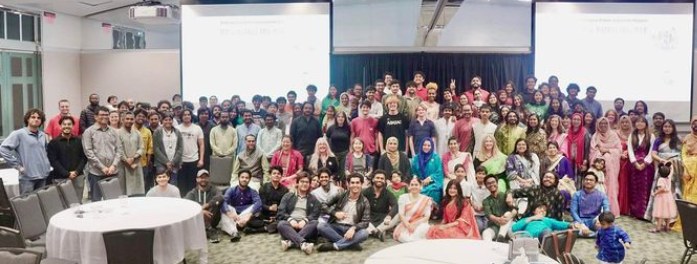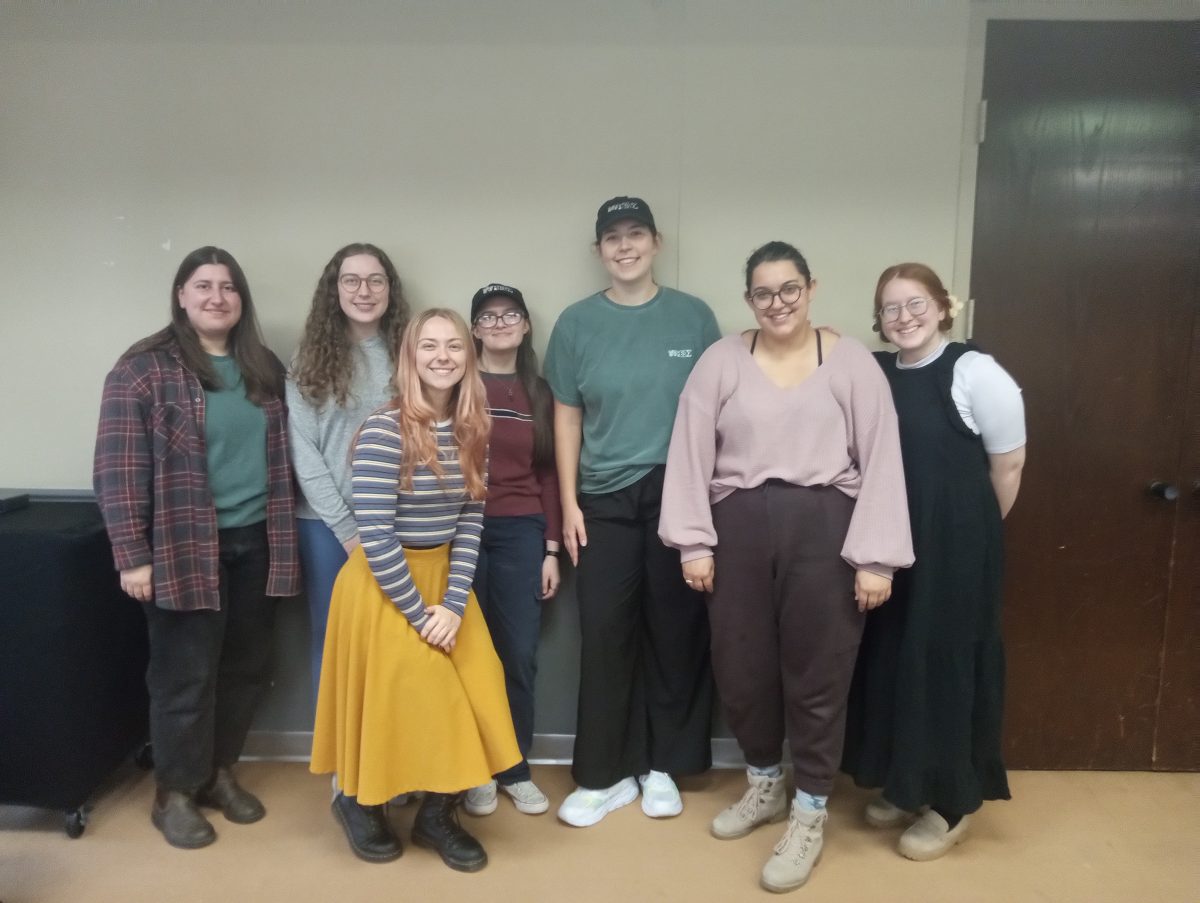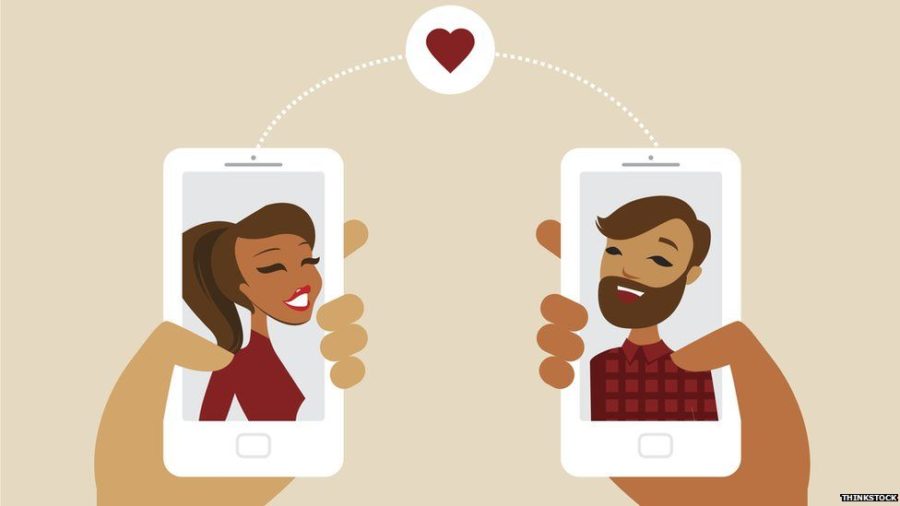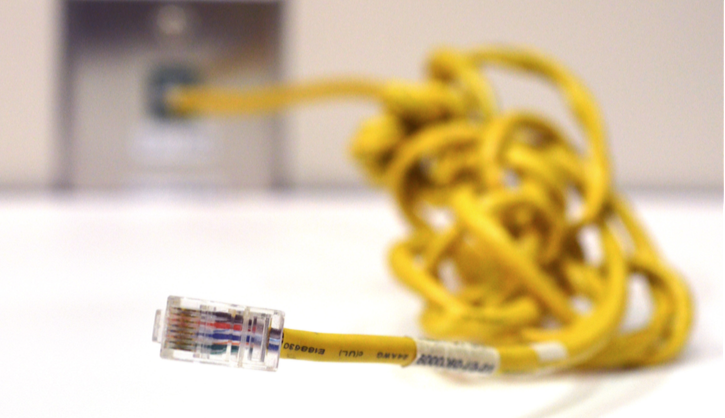
Generation Y – otherwise known as the Millenials – are those born between early 1980s to late 1990s. They are the young, hip people we saw gallivanting around town, the ones we wanted to be. However, their time is over. Advertisers and researchers are now moving on to Generation Z.
People have cleverly named those born from the late 1990s to present Generation Z because they are the successors to Generation Y. A few other names floating around include Generation M, which stands for multitasking, Generation C, which stands for connected, the Net Generation and iGeneration.
Besides the multitude of names, Generation Z has certain characteristics and qualities.
Members of Generation Z are eager to work with 55 percent feeling a need for early professional development and 80 percent feeling they are more driven than their peers, according to Sparks and Honey, an advertisement, marketing and public relations agency.
Members of Generation Z also are mature and in control, according to Sparks and Honey. They claim only 25 percent of Generations Z members have been in a physical fight, which is lower than previous generations. Also, teen pregnancy rates are decreasing.
Aside from the generational personality, Generation Z is demographically diverse. A little over 31 percent of Generation Z are from racial or ethnic minority groups, according to a report on teammates.org. This number is expected to grow every year.
Additionally, three-quarters of Generation Z college students are nontraditional by the National Center for Educational Statistics standards. This means that 3 in 4 college students fit into at least one of the following categories: delayed enrollment, part-time student, full-time worker, financially independent, have dependents, single parent or lack a high school diploma.
Generation Z is also hyper-connected, according to the Association for Talent Development. This means that they are more likely to seek other people, especially electronically.
According to a Wikia and Ipos Media CT study, 60 percent of Generation Z members like to share their knowledge online, 64 percent said they contribute to websites because they like to learn about new things, 76 percent said their online experiences help them reach their goals, and 66 percent said technology makes them feel that anything is possible.
This hyper connectivity benefits them because of the increasingly globalized world. However, some reports show that younger people cannot converse as well in person, which could potentially be problematic.
One area where this could be a problem is in their urge to be a helpful generation.
The new generation feels a need to be a force of good in the world, according to Sparks and Honey. Twenty-six percent of the members currently volunteer and even more claim they want to make a difference and make a positive impact on the world.
Members of Generation Z said they want to be teachers and doctors, positions that help people.
While they are ready to volunteer, teammates.org notes the increased political disengagement the generation exudes. They see the uncooperative nature of their government officials and associate that with the toughest economy since the “Greatest Generation,” the generation during the Great Depression. The economy combined with the gargantuan debt being piled on by previous generations has supposedly resulted in this political disengagement.
One political figure does spark some excitement, according to an article by NPR. Hillary Clinton, former Secretary of State and a former senator from New York, struck a chord among young people when NPR used Facebook to find their opinion of her.
“I have been following Hillary Clinton’s book tour, and I am eagerly awaiting her decision to run in the 2016 election,” said 18-year-old Emily Kazmierski, a computer engineering student at Rochester Institute of Technology in Rochester, New York, in an NPR article.
Not all young people have a fond view of Clinton. Lauren McKinley, an 18-year-old moderate Republican from Houston, said, “If it was me, I’d pick Rand Paul.”
Some are saying the polarity of Hillary could get increased voting participation from younger people, and some people are saying it could but probably will not.
Virginia Sapiro, a political science professor at Boston University, said, “Only if it gets really exciting, or they think they have something important to gain or lose. Without the habit of voting, it’s not so easy to get young people to the polls — even when it could have a big impact on their lives.”



































